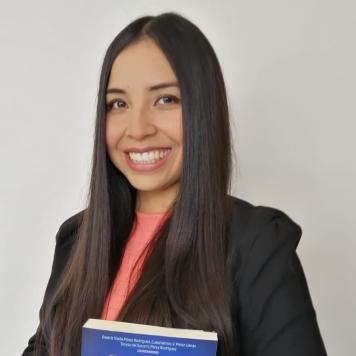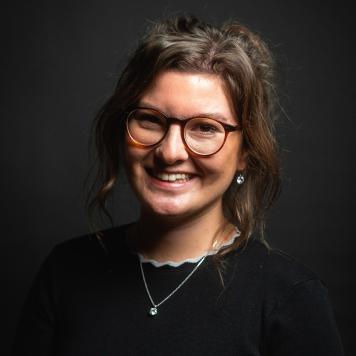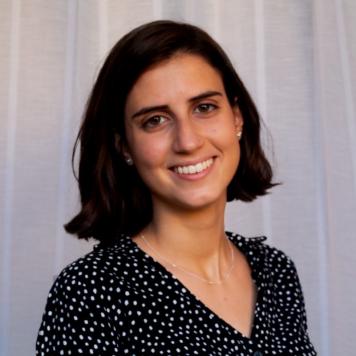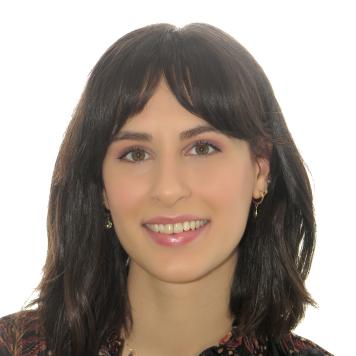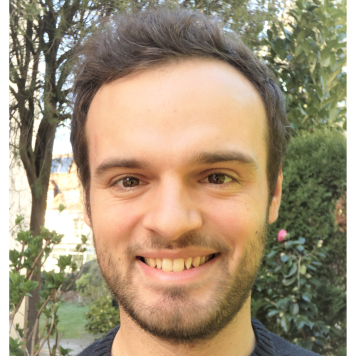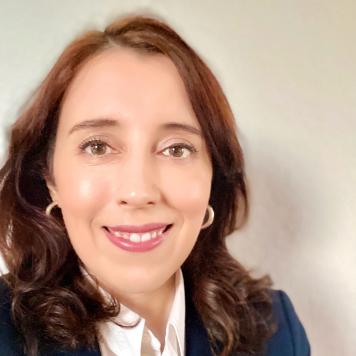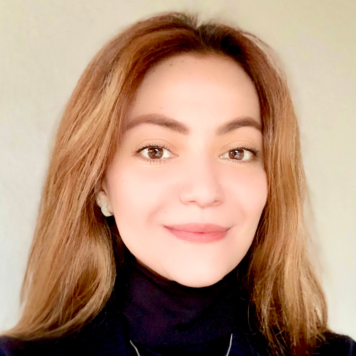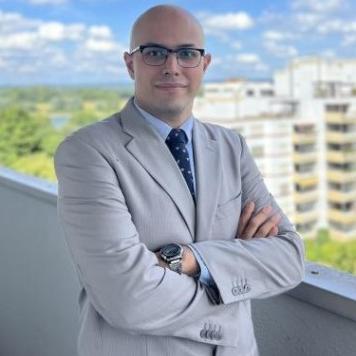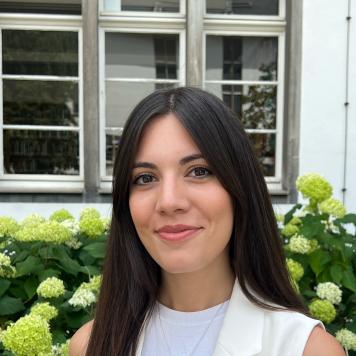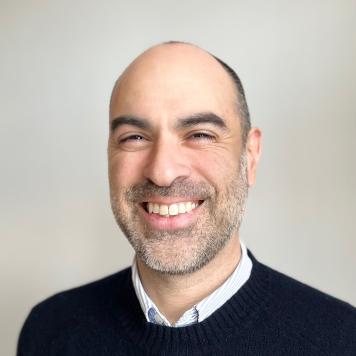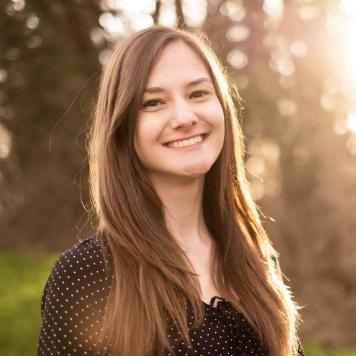HCIAS Research Training The HCIAS Doctoral Research Group 'Communication and Society in Ibero-America'
The Doctoral Research Group “Communication and Society in Ibero-America” brings together doctoral projects that address the contemporary challenges in Ibero-America, with a special focus on social and communication dynamics. Established in 2021/2022 with the support of the Landesgraduiertenförderung of Baden-Württemberg (LGF), the group includes fellows of the LGF, the DAAD, CONAHCYT and the Studienstiftung des Deutschen Volkes.
Thematic Focus of Doctoral Theses
The doctoral theses of this group explore communication as a process of action and interaction that connects individuals, groups, and society as a whole. Against this background, these projects focus on the public discourse dynamics surrounding urgent issues such as: climate change; global health; conflict; digital communication and politics; civic engagement and opinion formation; population movements and spatial transformations; languages and identities in migration contexts; knowledge circulation and social networks; misinformation and hate speech; the handling of cultural and natural heritage; socio-economic transition; and socio-ecological inequalities.

Framing Structure
The HCIAS doctoral research group “Communication and Society in Ibero-America” is aligned with the HCIAS doctoral program in Ibero-American Studies, which provides the group with a framing structure for research training.
Program Activities
The members of the Doctoral Research Group develop academic competencies for analysing societal phenomena and communication dynamics in Ibero-America. They select from a variety of specific courses and activities to broaden their theoretical, methodological, and overarching academic skills according to their individual academic needs. The members of the group advance their projects in close contact with their supervisors at the HCIAS, regularly presenting the progress of their dissertations at the HCIAS research colloquia, where they discuss ideas with peers and more experienced scholars. The group also meets regularly in smaller working groups for focused, topic-driven exchanges on their ongoing research.
Doctoral Research Group Members
Table
Digital Trade Policy-Making in Ibero-America: Who is Really Deciding?
The Dynamics of Spanish as a Language of Migration and as a Heritage Language in Germany: A Sociolinguistic Study.
Language Socialization and Spanish in Migration Contexts.
Anaphoric Encapsulation in Spanish: An Experimental Study on Cognitive Processing.
Energy Transition and Legitimation Strategies.
Political Participation of Audiences in Digital Media During the Social Movements of 2019 in Latin American Countries.
Women’s Leadership in the Colombian Amazon: Forms of Protection Developed by Human Rights Defenders in Contexts of Violence and Conflict.
Criminal Public Communication via Social Media, Violence Against Journalists, and Self-Censorship in Mexico: Challenges and Opportunities.
Absence and Presence of the Pronominal Subject in Spanish Spoken in the Preseea-Málaga Corpora.
Operation Lone Star: Necropolitical Dispositif at the Mexico-Texas Border - Discourse, (Necro)Power, and Ideology.

Interested in becoming a visiting researcher?
Answer a few questions by completing this form if you are interested in becoming a visiting researcher. As part of the application, you will also need to upload your academic CV and a short research proposal.
Contact
If you have any questions regarding the HCIAS doctoral research group “Communication and Society in Ibero-America”, please contact us. We also offer counseling online or by face-to-face appointment at the HCIAS in Heidelberg or the HCLA in Santiago de Chile. Do not hesitate to write!
Dr. Katrin Berty and Martha Rudka, HCIAS
doctorate(at)hcias.uni-heidelberg.de
Dr. Inés Recio, HCLA
info(at)hcla.uni-heidelberg.de
